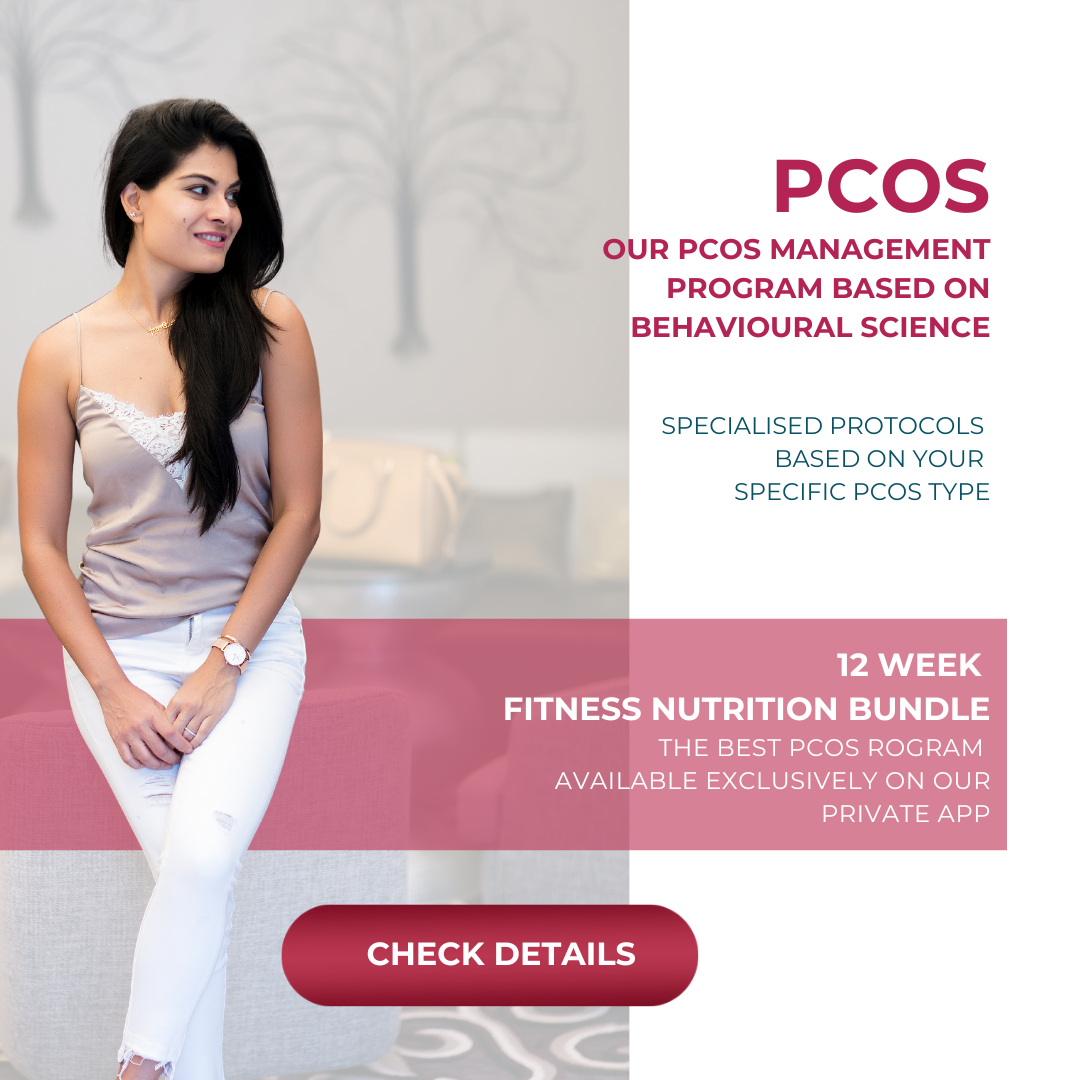How to eat for Menopause + a free sample menu
Menopause: Nutrition Guide for Women After 50
Menopause marks the end of the reproductive years, officially diagnosed after 12 months without a menstrual period. Estrogen and progesterone levels stay low, leading to symptoms such as hot flashes, vaginal dryness, mood changes, weight gain, and bone density loss. Nutrition at this stage plays a powerful role in easing symptoms and preventing long-term health risks.
Why Nutrition Matters at This Stage
After menopause, women face a higher risk of osteoporosis, heart disease, and insulin resistance. The right diet can help manage weight, protect bones, support cardiovascular health, and improve energy and mood. Phytoestrogen-rich foods like soy, flax, and sesame seeds can also naturally support hormone balance.
Main Nutritional Requirements
According to WHO & ICMR guidelines for postmenopausal women:
- Energy: 1600–1800 kcal/day (lower if sedentary, higher if active)
- Protein: 65–70g/day (to protect against muscle loss)
- Fat: 25–30% (focus on omega-3 from flaxseed, walnuts, fish)
- Carbohydrates: 45–50% (whole grains, fruits, vegetables)
- Calcium: 1200–1300 mg/day
- Vitamin D: 1000 IU/day (sunlight + fortified foods/supplements)
- Magnesium & Vitamin K2: For bone strength
- Phytoestrogens: Soy, flax, sesame to ease hot flashes
Common Mistakes & Red Flags
❌ Skipping calcium-rich foods → weak bones, higher fracture risk
❌ High sugar/snack intake → weight gain, insulin resistance
❌ Too little protein → muscle loss, low metabolism
❌ Excess tea/coffee → worsens bone loss, hot flashes
Red Flags to Watch: Bleeding after menopause, frequent UTIs, severe hot flashes, joint pain, or sudden weight changes.
Sample 1-Day Indian Menu Plan
| Meal | Food Choices |
|---|---|
| Breakfast | 2 ragi dosas with chutney + 1 glass fortified soy milk |
| Mid-Morning Snack | Handful of walnuts + 1 apple |
| Lunch | 2 chapatis (multigrain) + chana dal + palak sabzi + cucumber raita |
| Evening Snack | Roasted flaxseed-makhana trail mix + 1 green tea |
| Dinner | Brown rice + moong dal + lauki sabzi + stir-fried broccoli + glass of buttermilk |
| Bedtime | Warm turmeric milk or chamomile tea |
• Include calcium-rich foods (milk, ragi, paneer, soy)
• Strength training + walking for bone and heart health
• Avoid crash diets — focus on balanced, whole foods
📞 Want Personalised Nutrition Guidance?
Your nutrition in menopause can make all the difference to your comfort and long-term health. If you’d like a customised plan to support bone, heart, and hormone health, chat with our nutritionist on WhatsApp:
Click here to chat with our Nutritionist
⚠️ Disclaimer
This blog is for general educational purposes. Nutritional needs vary by lifestyle, health history, and medications. If you notice red flags like postmenopausal bleeding, severe hot flashes, or bone/joint pain, please consult a doctor, gynaecologist, or nutritionist for proper evaluation.

